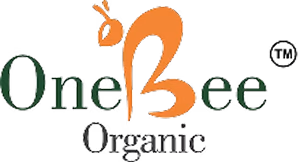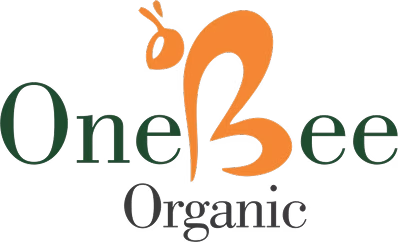Bee-Based Supplements: Fad or Future?
In the rapidly expanding world of wellness, bee-based supplements have created quite a buzz. From royal jelly and bee pollen to propolis and bee bread, these natural products are making their way into smoothies, capsules, and skincare shelves alike. But as their popularity rises, a vital question surfaces—are these supplements just another passing trend, or do they genuinely hold long-term value for health and wellness?
Let’s explore the truth behind bee-based supplements and uncover whether they represent a fleeting fad or the future of holistic health.
The Rise of Bee-Based Wellness
In recent years, consumers have grown more conscious of what they put into their bodies. As a result, there’s been a massive shift toward natural, organic, and sustainable solutions. Bee-based supplements naturally fit into this trend. Not only are they nutrient-rich, but they also come from one of the most sustainable sources on the planet—the beehive.
What sets these supplements apart is their unique nutritional profile. Unlike synthetic vitamins, bee products offer a complex blend of enzymes, antioxidants, amino acids, and micronutrients. This makes them especially appealing to health-conscious individuals seeking alternatives to lab-made pills.
Breaking Down the Bee Products
- Royal Jelly – Often referred to as the “milk of bees,” royal jelly nourishes the queen bee and helps her live up to 40 times longer than worker bees. It contains B-complex vitamins, proteins, and fatty acids. Many users claim it boosts energy, supports skin health, and improves fertility.
- Bee Pollen – Collected from flower blossoms, bee pollen is a superfood packed with protein, vitamins, and antioxidants. Athletes and fitness enthusiasts often turn to it for increased stamina and muscle recovery.
- Propolis – Known as the hive’s natural shield, propolis has powerful antibacterial, antiviral, and antifungal properties. It’s commonly used to support immunity and treat minor wounds or infections.
- Bee Bread – This fermented blend of pollen, nectar, and enzymes offers enhanced digestion and gut health benefits. Thanks to its probiotic content, bee bread is gaining popularity among those dealing with digestive issues.
Are the Benefits Backed by Science?
So far, much of the evidence surrounding bee-based supplements is promising, though not yet conclusive. Several small studies suggest that royal jelly may help balance hormones and improve skin elasticity. Propolis has demonstrated immune-modulating and anti-inflammatory properties in clinical trials. Similarly, bee pollen is believed to reduce oxidative stress and even improve allergy symptoms over time.
However, more extensive, peer-reviewed studies are needed before healthcare professionals universally recommend them. That said, the long-standing use of these substances in traditional medicine—especially in cultures across Asia, Africa, and Europe—does give them credibility.
Fad or Future?
To determine whether bee-based supplements are a short-lived craze or the next big thing, we need to look beyond trends. The longevity of any wellness movement hinges on two things: effectiveness and sustainability.
-
In terms of effectiveness, these products seem to offer genuine health benefits, especially when sourced and consumed responsibly.
-
As for sustainability, bees are nature’s ultimate recyclers. With growing awareness around environmental impact, products derived from ethical beekeeping stand out as eco-friendly choices.
Furthermore, as more people move away from overly processed supplements and seek whole-food-based nutrition, bee-based offerings naturally fill that gap.
Final Thoughts
So, is it a fad or the future?
While some might see bee-based supplements as the latest wellness trend, the science, tradition, and sustainability behind them suggest otherwise. Their rise is not just a marketing move—it’s a reflection of a larger shift toward mindful, nature-driven living.
As research continues and consumer interest grows, bee-based supplements may not just survive the wellness wave—they could very well lead the future of holistic health.








Leave A Comment